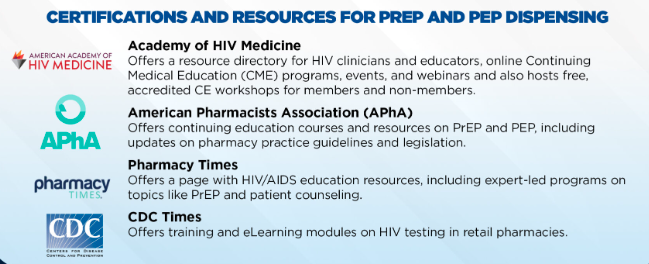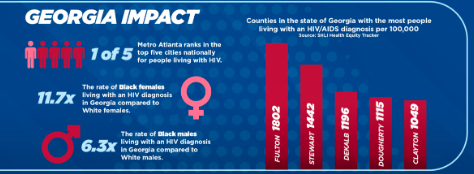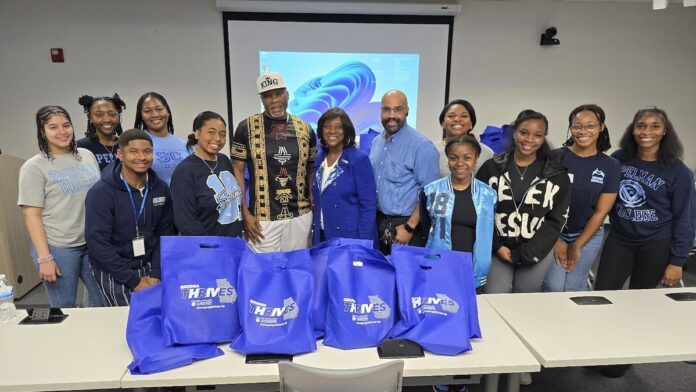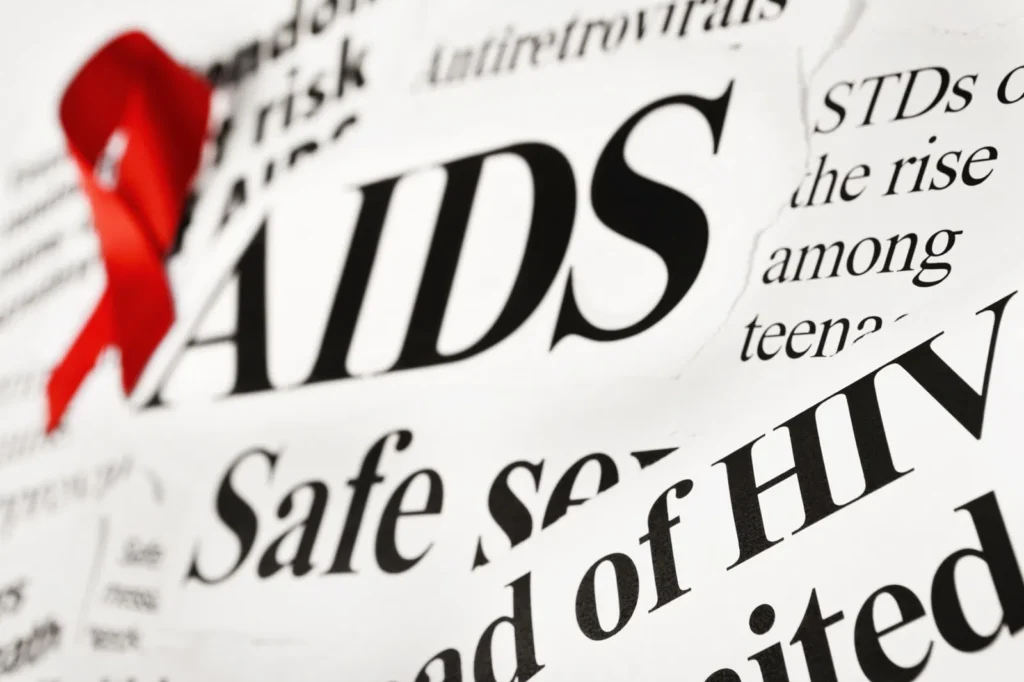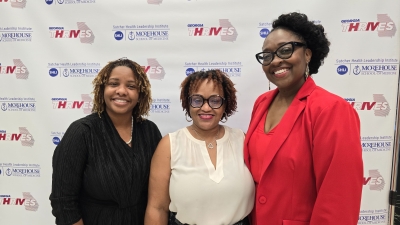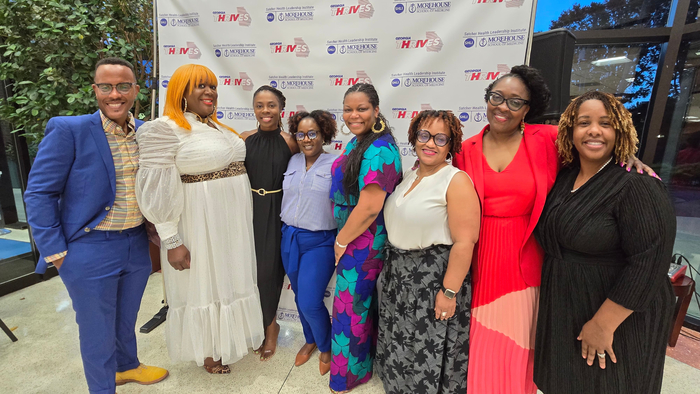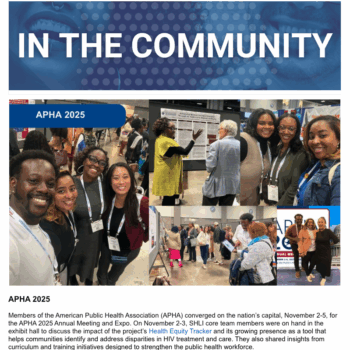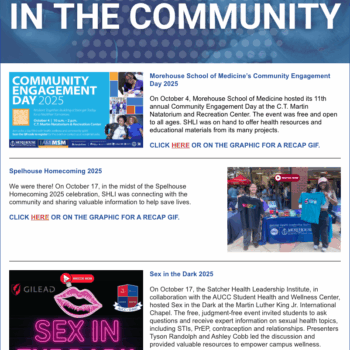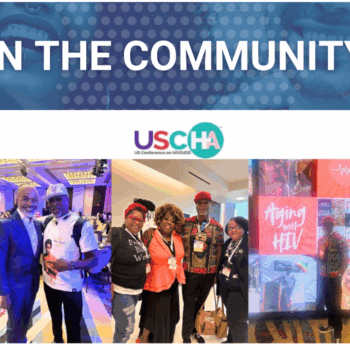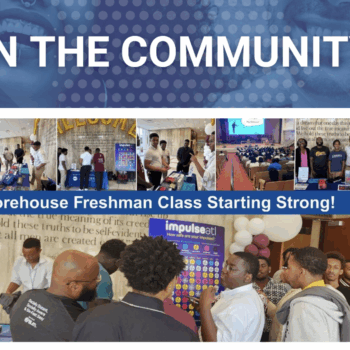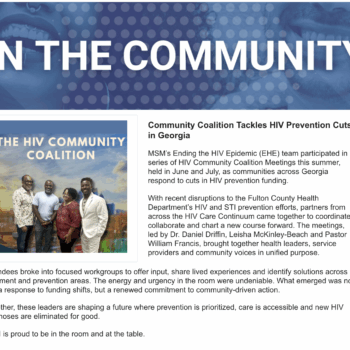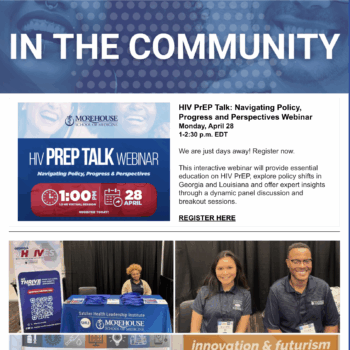The Satcher Health Leadership Institute (SHLI) at Morehouse School of Medicine (MSM) is leading the way to address structural barriers that exist within Black communities in the Southern United States regarding HIV testing, treatment and ongoing care. Equipped with a dynamic HIV Equity Taskforce, SHLI is examining how health equity plays a role in health systems, policy, and data gaps for people living with HIV (PLWHA). Strategic solutions focus on increasing access to care, enhancing clinical provider training in HIV, initiating early engagement with clinicians, asset hazard mapping, policy education and assessment of legislation impacting PLWHA. Through educational opportunities, collaborative partnerships, resources, advocacy and active community engagement, SHLI wants to ensure that everyone has the opportunity to THRIVE.
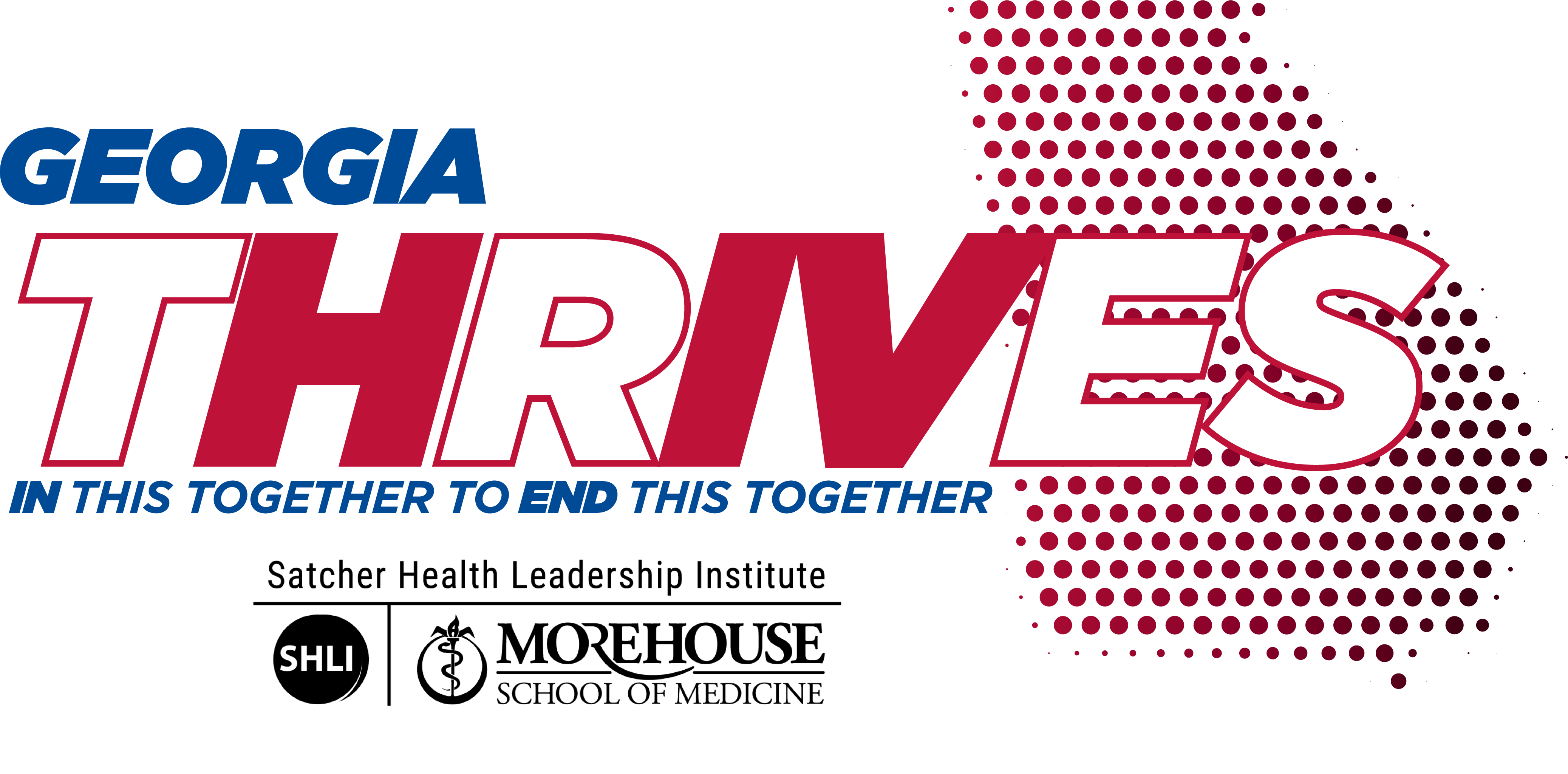
ABOUT


Maisha N. Standifer, Ph.D., MPH, is the director of population health at the Satcher Health Leadership Institute at Morehouse School of Medicine. In her role, Dr. Standifer conducts population-based health studies and administers evidence-based prevention initiatives that effectively employ tailored strategies to reduce adverse health outcomes throughout under-resourced, racial, ethnic, and medically vulnerable populations.
Dr. Standifer is a community-based engaged researcher who has extensive training and project implementation expertise in reducing cancer disparities, substance abuse, sexual health, and transmission of HIV in marginalized populations at high risk for traumatic stress and health equity. She also serves as an assistant professor, principal investigator, and co-investigator on multiple private, sponsored, and federally funded studies.
Dr. Standifer’s public health expertise spans health program administration, evaluation, implantation and dissemination, health policy development and analysis, mixed methods research, and examining drivers of social and political determinations of health. Her research portfolio includes implementation science and health services research, along with community-based participatory research to create culturally tailored solutions that empower disenfranchised populations to make healthy and informative decisions.
Dr. Standifer holds a Doctorate in applied anthropology with a convention in medical anthropology from the University of South Florida, a Master’s in public health from the Rollins School of Public Health at Emory University, and a Bachelor’s in sociology from Spelman College.

Evan Martin, LMSW, serves as Project Manager for Satcher Health Leadership Institute (SHLI) and the EHE initiative. Evan has nearly a decade of experience in direct clinical care, especially mental health provision, and public health management.
Prior to SHLI, Evan worked as a Senior Research Program Coordinator for the International Vaccine Access Center at the Johns Hopkins Bloomberg School of Public Health. In this role, he directed logistical implementation and support for the VALUE Baltimore COVAX Education Project—a major COVID-19 vaccine engagement initiative led by Johns Hopkins and Morgan State University on behalf of Baltimore City—during the COVID-19 pandemic’s most acute phase. He has concurrently served—and continues to serve—as a Community Therapist for a behavioral health agency based in Northeast Baltimore that specializes in underserved populations.
In the past, Evan worked for local government in Baltimore and as a political organizer on a presidential campaign in New Hampshire. In his career, Evan has committed to fusing clinical and public health experiences to direct major changes in health access for underprivileged communities at both the macro level of systematic change, and the micro level of individual empowerment.
Evan is a Licensed Social Worker, earning his bachelor’s degree at University of Maryland, Baltimore County, and his master’s degree from the University of Maryland School of Social Work. During his studies, he was also a Social Work Healthcare Education and Leadership (HEALS) Scholar.
RESOURCES
Research shows that inequities drive higher rates of HIV infection, as well as worse HIV clinical outcomes among Black Americans. The COVID-19 pandemic has further highlighted and exacerbated such health inequities, especially in the Southern United States.
The SHLI team’s efforts intend to close critical gaps in care by:
- Increasing access and utilization of culturally competent healthcare to Black people impacted by the HIV epidemic
- Gaining insight into the disruption of the healthcare delivery system due to COVID-19 in the Black community and realign HIV services in the current climate
- Influencing clinical provider training in HIV
- Initiating early engagement with experienced clinicians practicing in Black communities in Georgia
Downloadable Resources
Evidence2Practice (E2P)
CLICK HEREAdvancing Health Equity
CLICK HEREHealth Equity Tracker
CLICK HEREPotential Action Steps
CLICK HEREMEDIA
Filter
NEWSLETTERS
Archived Newsletters
2024
Equitable Data to Fight Inequities
Learn how data can help to fight the inequities that are affecting our most vulnerable communities
UPCOMING HEALTH AWARENESS EVENTS
No Events
